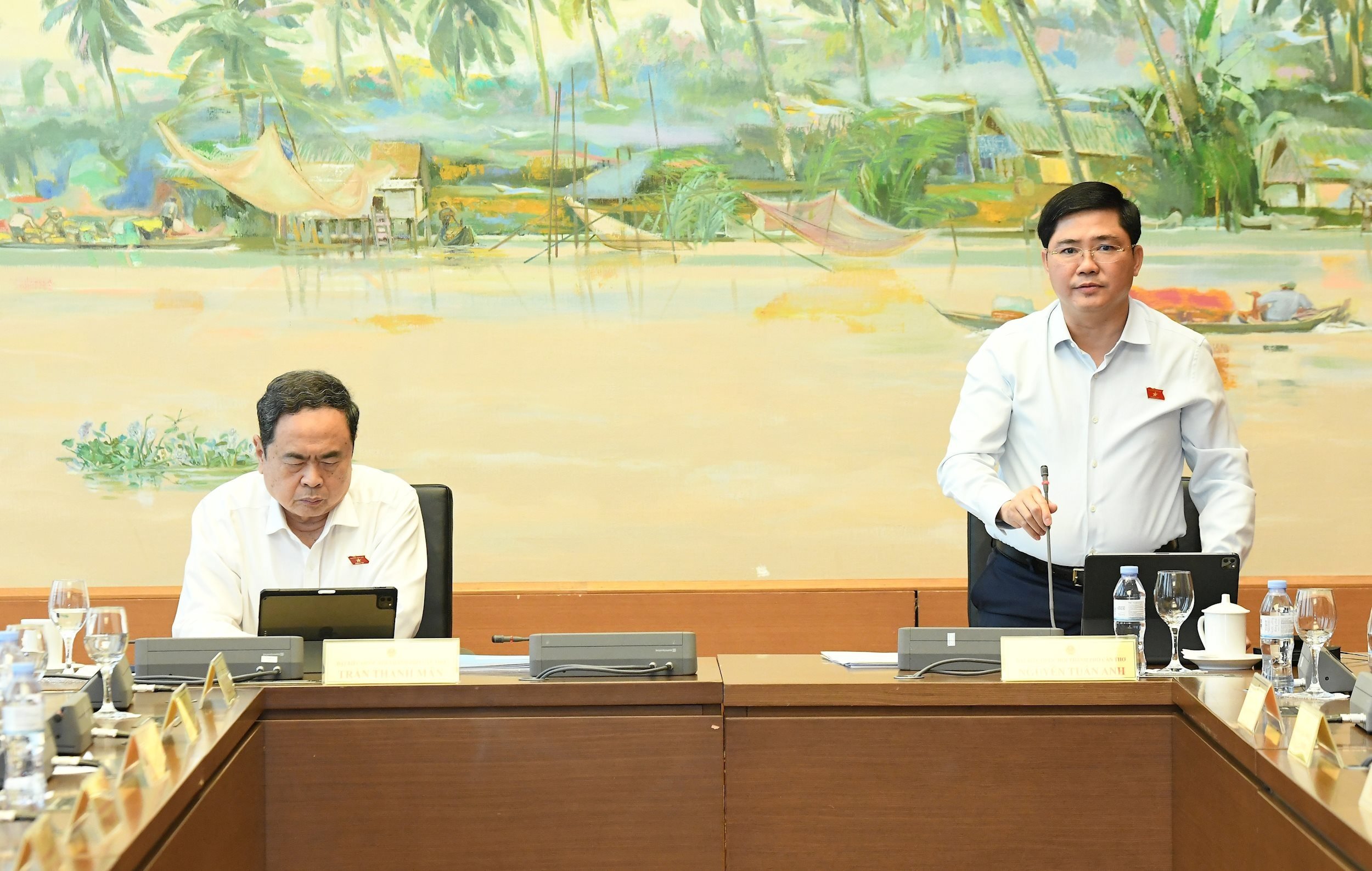
Discussing at Group 11 this afternoon, the National Assembly deputies of Can Tho City and Dien Bien Province all expressed their high consensus on amending the Law on Education, Law on Vocational Education and Law on Higher Education; emphasizing that these are legal pillars to institutionalize Resolution No. 71 of the Politburo on breakthroughs in education and training development, overcoming bottlenecks and inadequacies of current laws, perfecting the legal corridor to meet urgent requirements for education and training development in the current context.
Research to supplement regulations on public-private partnership in higher education
Paying special attention to the draft Law on Higher Education (amended), delegates noted that this draft law has many innovations with a more open mindset from professional work to issues of investment and development of higher education. From the practice of management and teaching, National Assembly Deputy Nguyen Thanh Phuong (Can Tho) said that he is "quite interested and excited" with many contents of the draft Law.
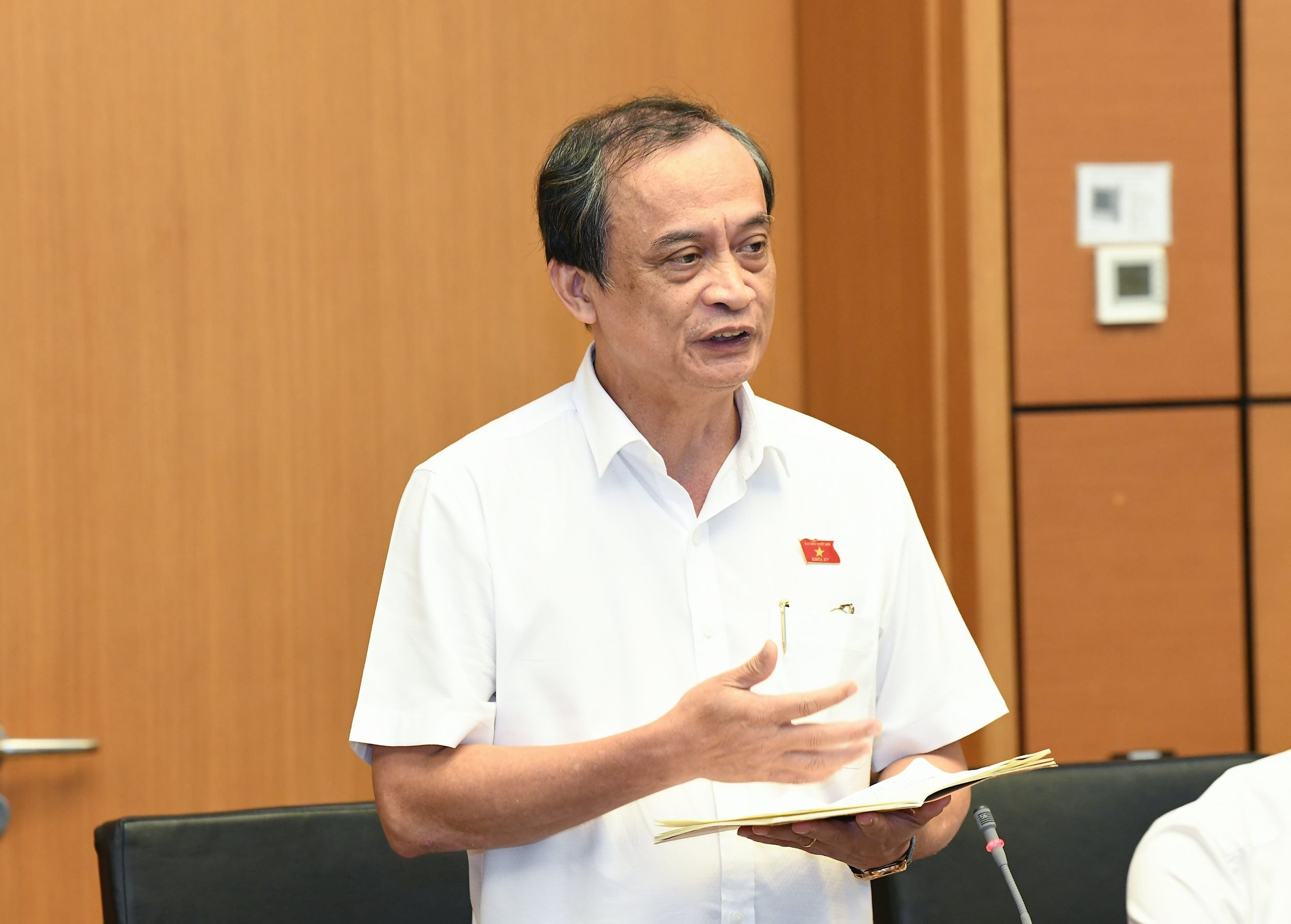
However, comparing with the Party's policy in Resolution 71, Chairman of the Law and Justice Committee Hoang Thanh Tung, National Assembly Delegate of Can Tho City, said, "there are still some issues that need to be further reviewed."
First of all, Resolution 71 clearly states "ensuring that the State plays a leading role, leading with public investment, attracting social resources for comprehensive modernization of the national education system".
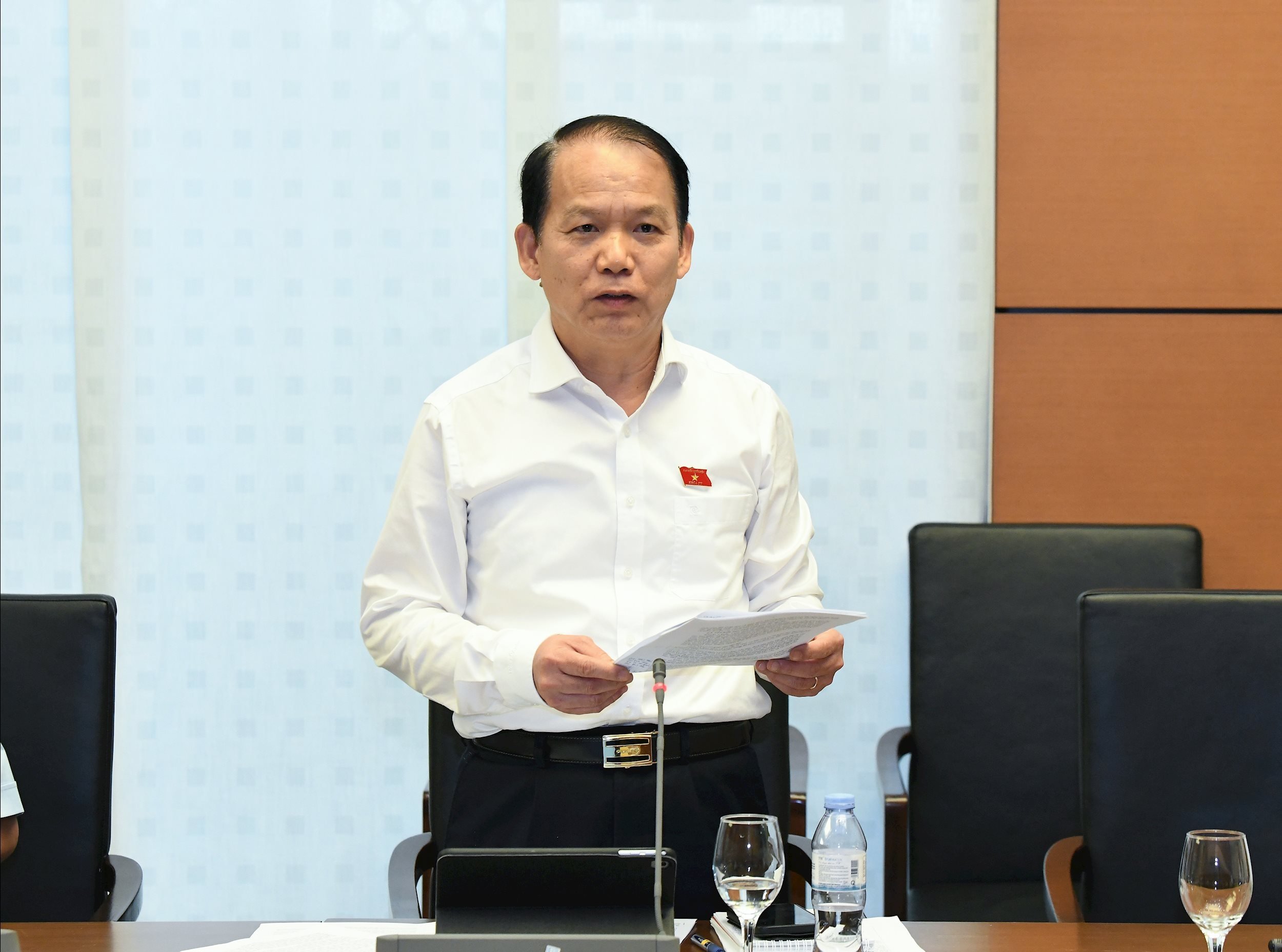
"This is a major policy. This policy identifies the State as playing the leading role and public investment as leading, but still encourages socialization of investment from social resources." Emphasizing this, the Chairman of the Law and Justice Committee assessed that Article 5 of the draft Law has not fully institutionalized this spirit, only stipulating that "the state budget plays the leading role, ensuring autonomy and having a mechanism to attract social resources." He suggested that research should be conducted to more clearly institutionalize the Party's policy, especially that public investment plays the leading role of "seed capital" to attract investment resources from society to develop higher education.
National Assembly Deputy Dao Chi Nghia (Can Tho) also suggested that the drafting agency continue to study and add an article on public-private partnership in higher education. The study could allow the establishment of public-private partnership centers for training and research in universities with legal status and independent accounting to mobilize resources for the higher education sector.
"Only partially institutionalized"
Regarding the comprehensive and direct leadership role of the Party organization in universities and higher education institutions, the Chairman of the Committee on Law and Justice said that Resolution 71 clearly states "strengthening the comprehensive and direct leadership role of the Party organization, especially the role of the head of the Party Committee in educational institutions". However, Clause 3, Article 15 of the draft Law, according to him, "has only been partially institutionalized", clearly stating the leadership role of the Party organization, but only mentioning "comprehensive" and not "direct".
"Comprehensive and direct have different meanings. Therefore, I also suggest that this area needs further review," the Chairman of the Committee on Law and Justice noted.
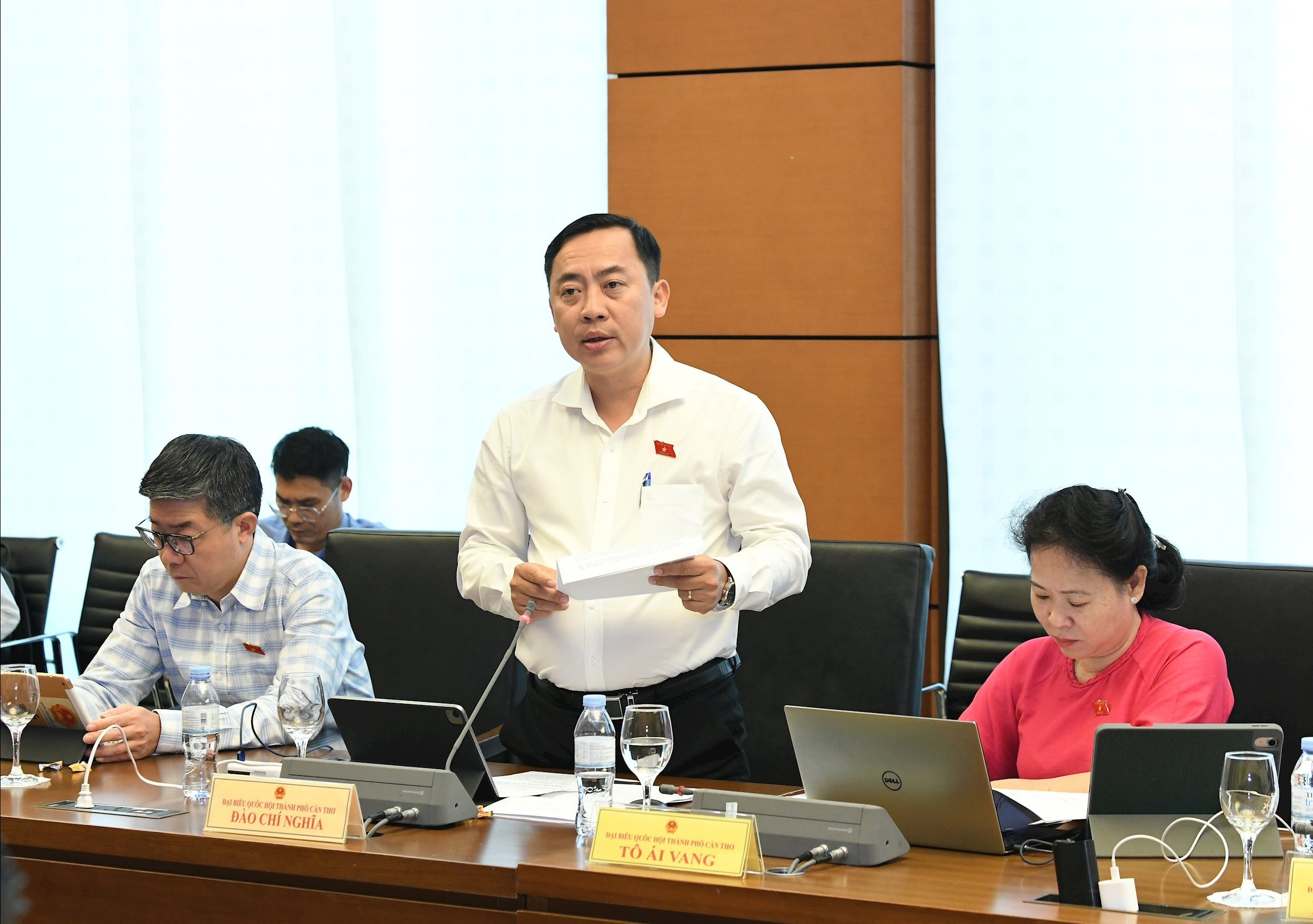
Regarding this issue, National Assembly Deputy Dao Chi Nghia (Can Tho) said that in Clause 3, Article 15 stipulates: The Communist Party of Vietnam organization in public higher education institutions performs the role of comprehensive leadership of all aspects of the institution's activities, directing strategies, orienting development policies, organizational structure of personnel, mobilizing and using resources to carry out political tasks at public higher education institutions as well as other tasks according to Party regulations.
However, Article 16 stipulates on University Directors and University Principals in Clause 1: University Directors, University Principals and equivalent (collectively referred to as Principals) are the heads and legal representatives of higher education institutions, responsible for managing and operating the facilities' activities according to the provisions of law and the operating regulations of the facilities.
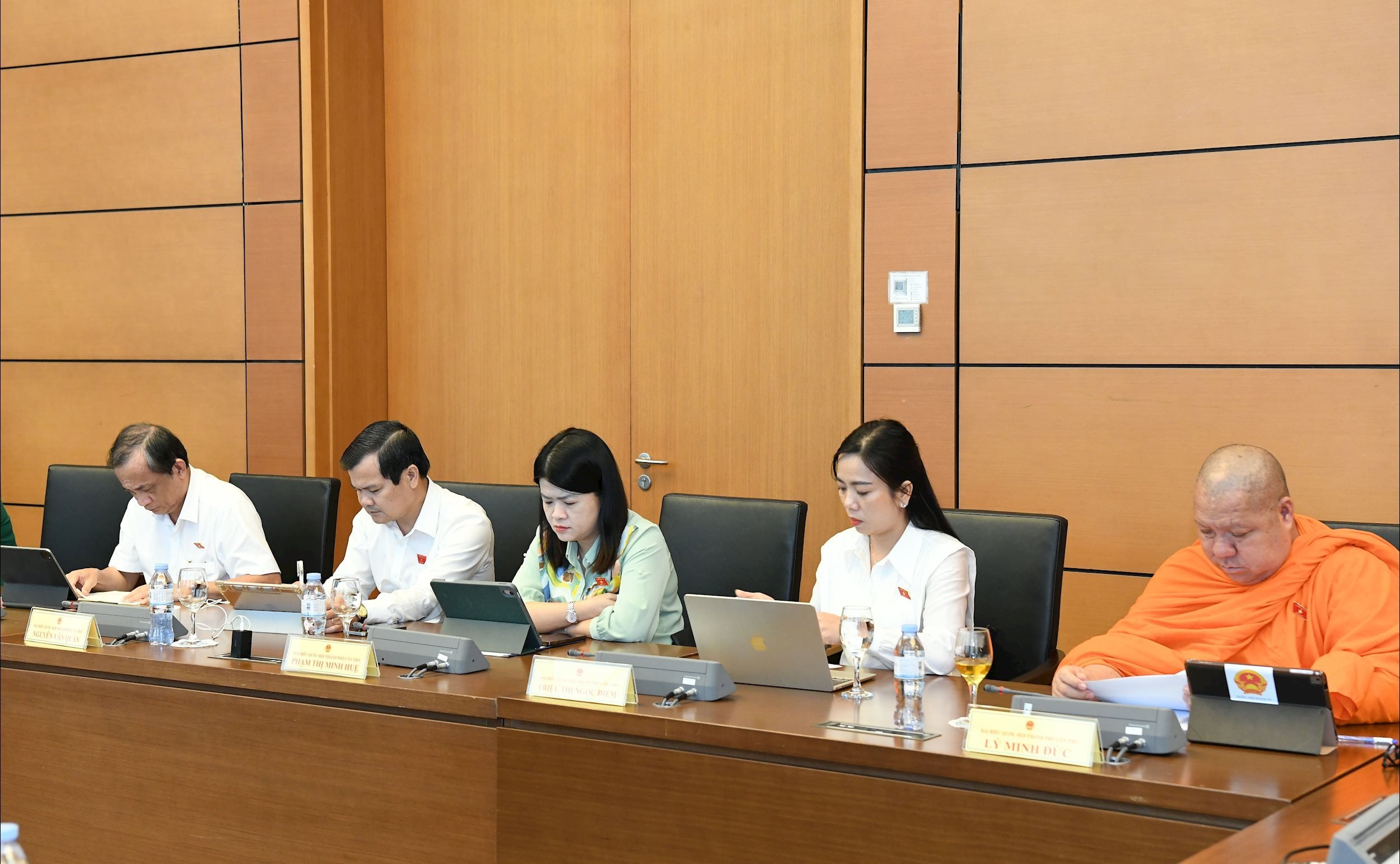
"This content identifies the Principal as the legal representative, managing all activities. Thus, the relationship between the Party's comprehensive leadership and the Principal's legal responsibility has not yet been clarified in terms of boundaries, and there may be problems when implementing the law, especially in private or internationally related establishments."
Therefore, delegate Dao Chi Nghia proposed that the drafting agency study and add the following content to Clause 3, Article 15: The Party organization leads in political orientation and development strategy, while the daily management and operation of the facility will be carried out by the head according to the provisions of law.
Also related to the institutionalization of Resolution 71, the Chairman of the Law and Justice Committee stated that the Resolution clearly stated that "no school councils are organized" - this is the guiding viewpoint, but there is a very important sentence in the Resolution that is "in public educational institutions, except for public schools with international agreements, the Party Committee Secretary is also the head of the educational institution". So how to "implement the Party Committee Secretary as the head of the educational institution" is an issue that needs to be studied.
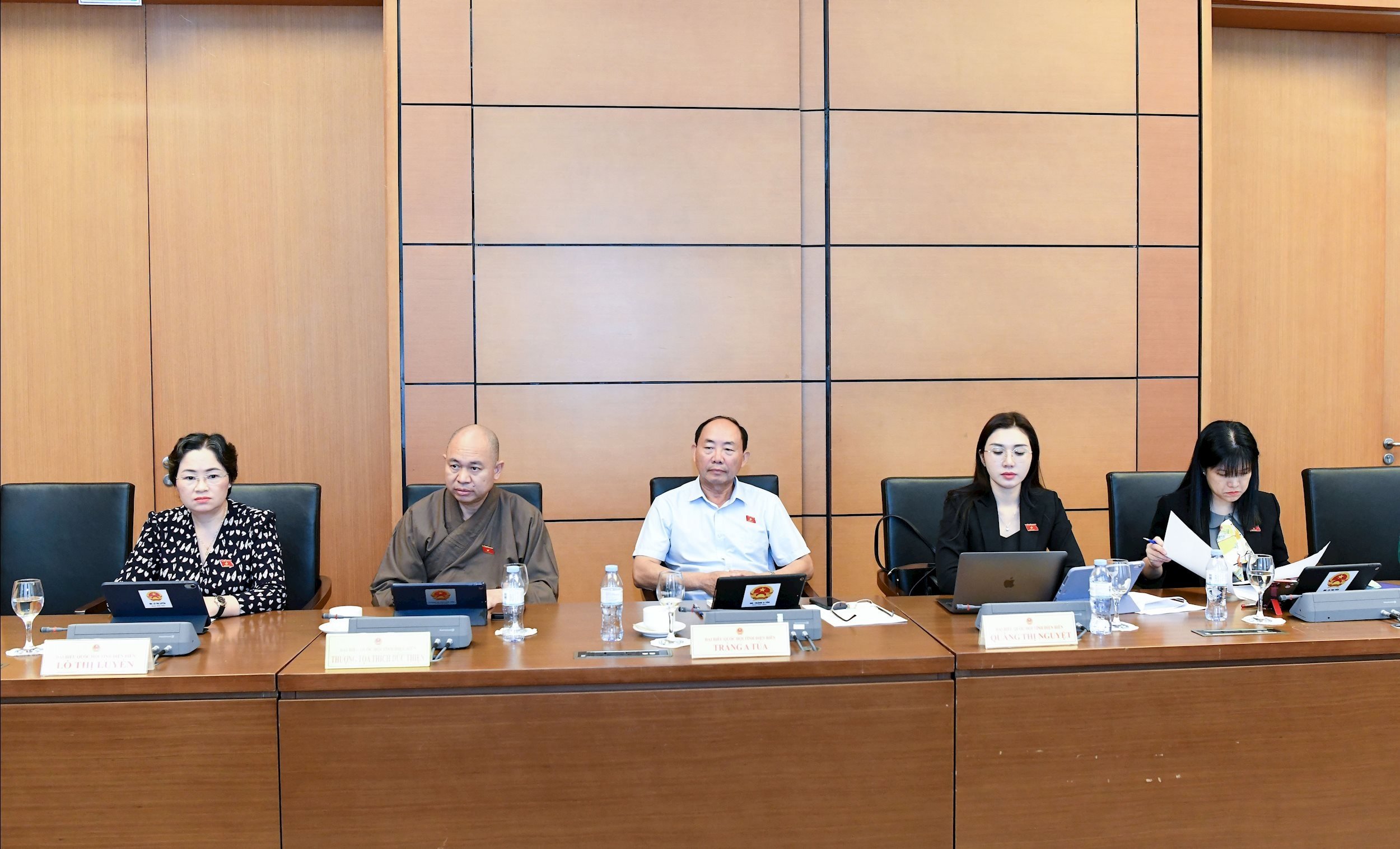
Clause 2, Article 14 of the draft Law stipulates: Higher education institutions will have accountability associated with autonomy and future responsibilities. Agreeing with the expansion of autonomy of higher education institutions, delegate Dao Chi Nghia said that the mechanism for accountability and power control is not specific.
The draft Law only states the responsibility for accountability associated with autonomy, but in reality, many autonomous universities are still "stuck" with the mechanism for approving personnel and budget at the unit.
Therefore, delegates proposed that there should be a separate article on the mechanism for inspecting and supervising the implementation of autonomy; clearly defining the content, form, frequency and responsibility of auditing as well as financial transparency at the unit.
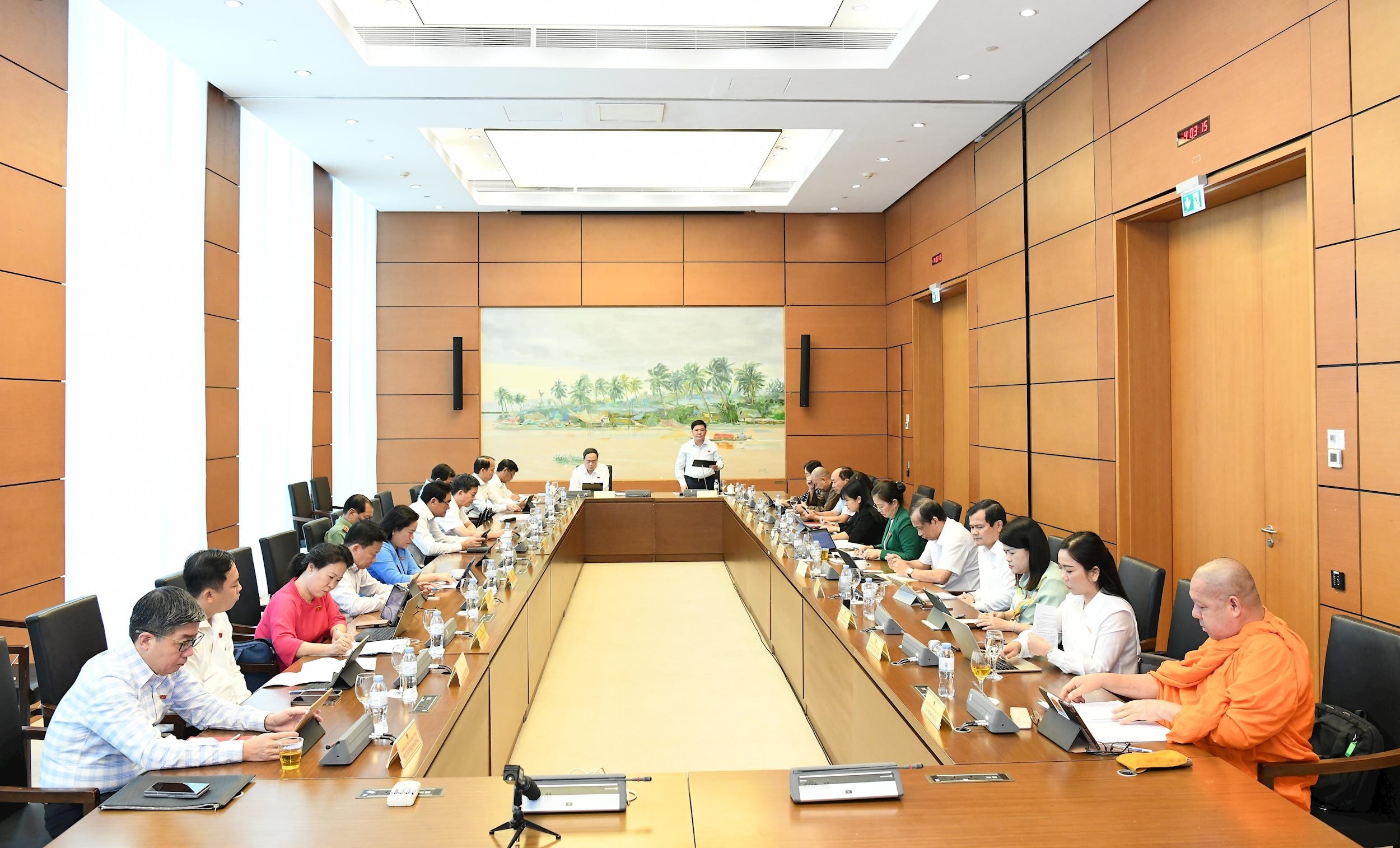
The draft law also regulates digital higher education. According to delegate Dao Chi Nghia, this is a "very new concept and there are no specific criteria for the platform or quality assessment". Therefore, the delegate proposed that the Government issue a separate decree regulating the infrastructure model as well as security standards, ownership of learner data as well as recognition of electronic diplomas.
Along with that, the delegate also suggested that the drafting agency continue to research additional content related to university digital transformation, including infrastructure, industry digital data, national online teaching platform, digital diplomas and unified academic identification.
Source: https://daibieunhandan.vn/can-mot-dieu-rieng-ve-co-che-kiem-tra-giam-sat-thuc-hien-quyen-tu-chu-10392444.html



![[Photo] Award Ceremony of the Political Contest on Protecting the Party's Ideological Foundation](https://vphoto.vietnam.vn/thumb/1200x675/vietnam/resource/IMAGE/2025/10/22/1761151665557_giaia-jpg.webp)
![[Photo] Da Nang: Shock forces protect people's lives and property from natural disasters](https://vphoto.vietnam.vn/thumb/1200x675/vietnam/resource/IMAGE/2025/10/22/1761145662726_ndo_tr_z7144555003331-7912dd3d47479764c3df11043a705f22-3095-jpg.webp)
![[Photo] Prime Minister Pham Minh Chinh chairs meeting on nuclear power plant construction](https://vphoto.vietnam.vn/thumb/1200x675/vietnam/resource/IMAGE/2025/10/22/1761137852450_dsc-9299-jpg.webp)


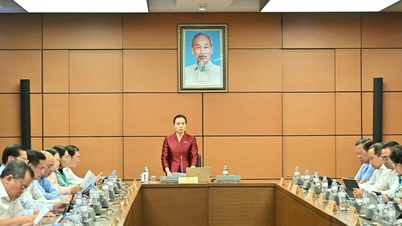
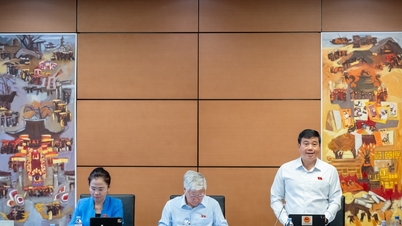
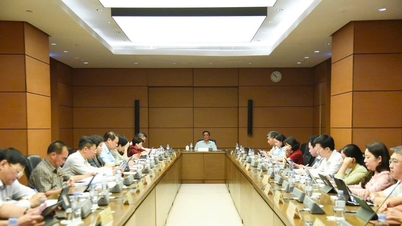
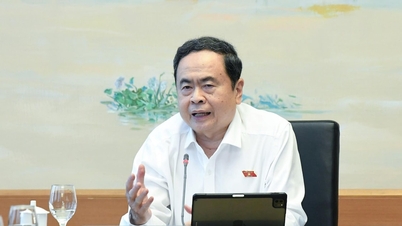
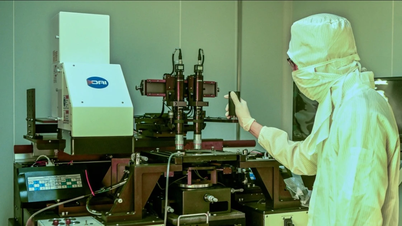

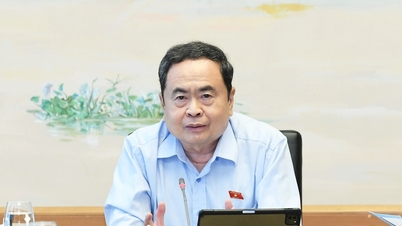
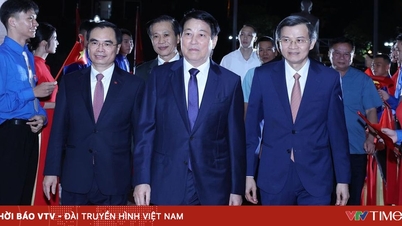

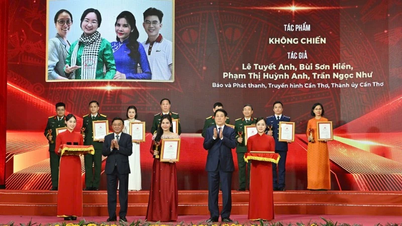

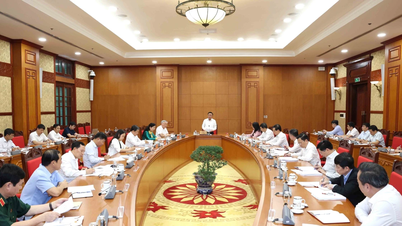

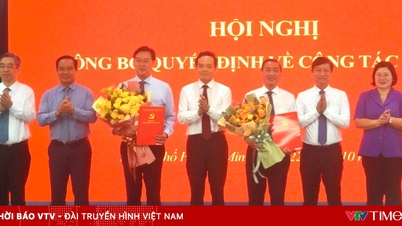

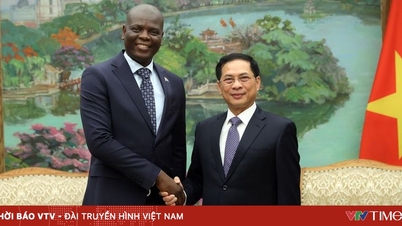




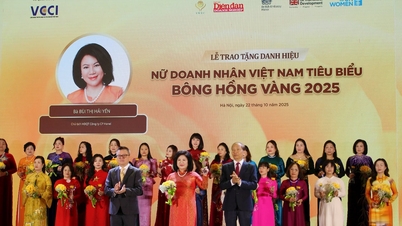
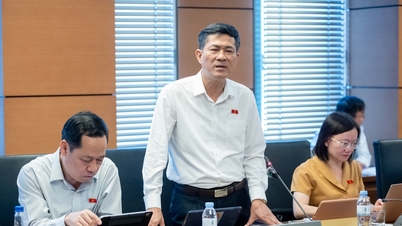
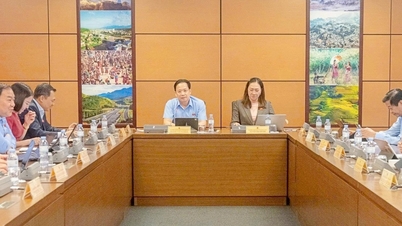
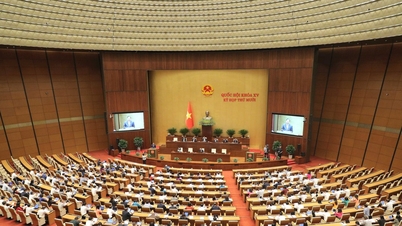
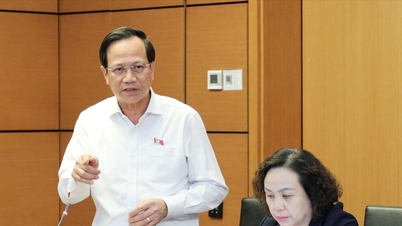
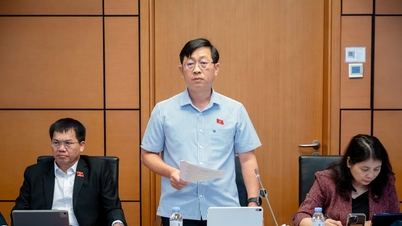





































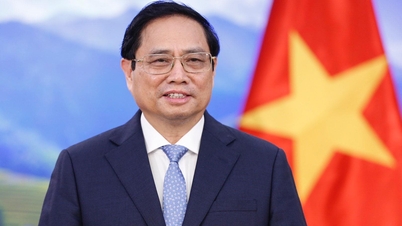

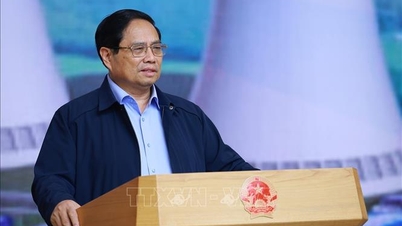




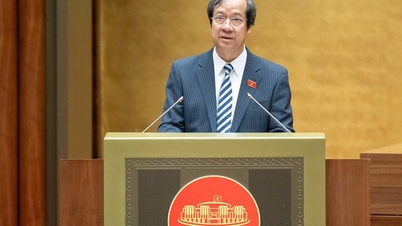

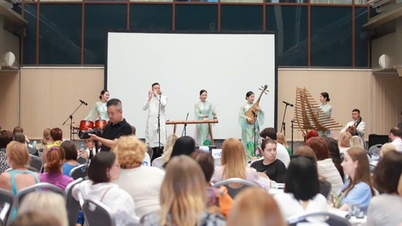
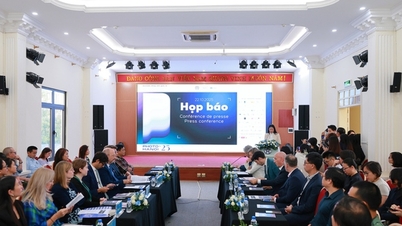

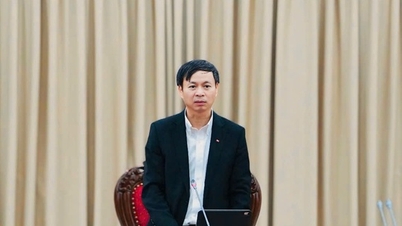

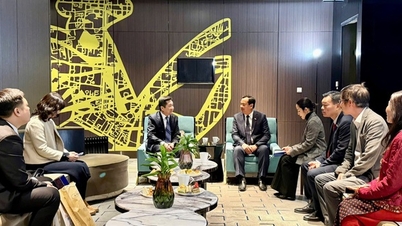


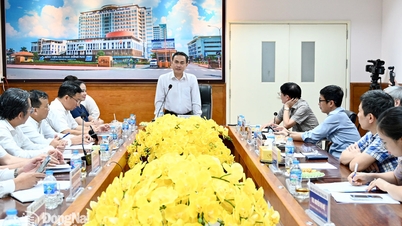




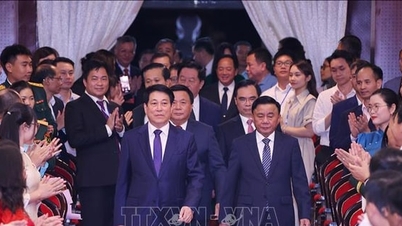

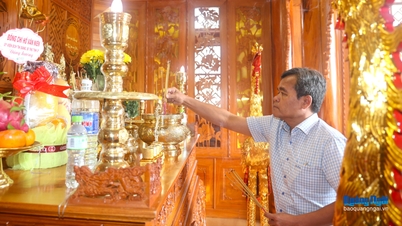














Comment (0)